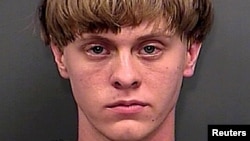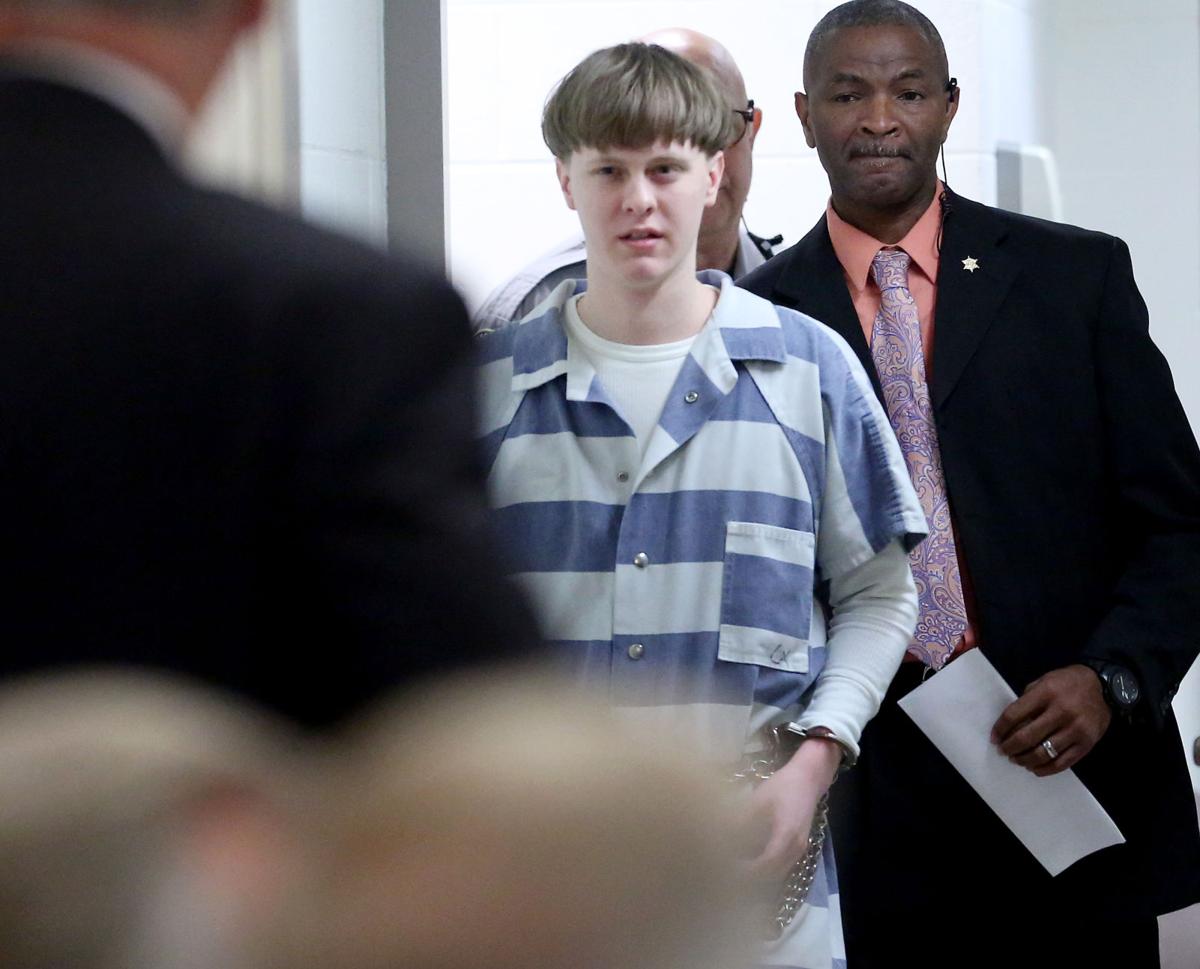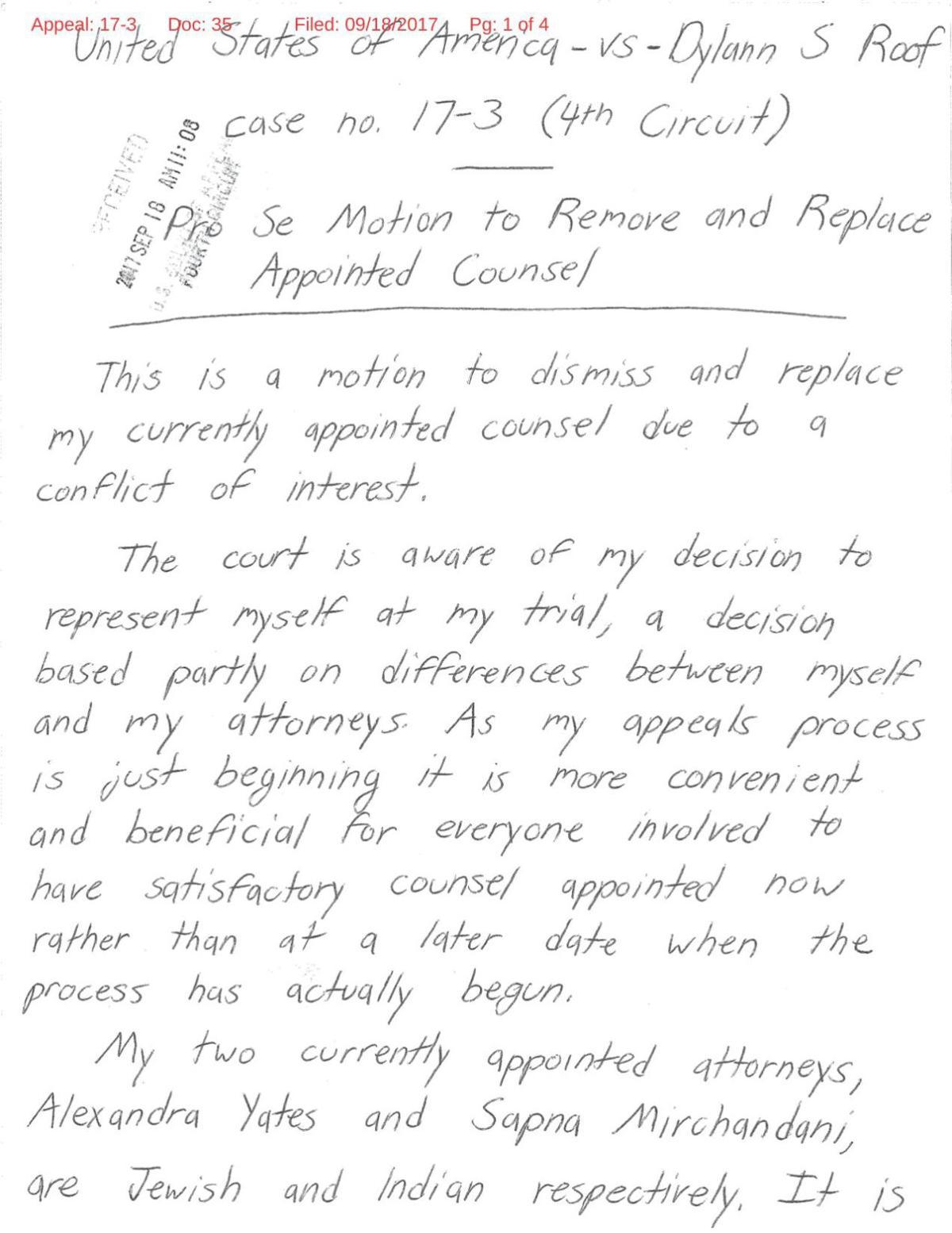Rexx Taylor
Platinum Member
- Jan 6, 2015
- 30,328
- 2,361
 And here we go again with Hillary, already bitchin' over race and gun control, although we all know gun control laws wouldn't of made any difference in regards to the events of Wednesday June 17. If Dylann wanted to take out a few black people, nothing would of stopped him. And if he decided to make a bomb out of a pressure cooker, would Hillary be proposing new, and more complex laws in regards to purchasing a pressure cooker at Wal-Mart or Sears? Would those under the age of 27 be required to acquire a license? Take a course in "Pressure Cooker Handling 2.0?
And here we go again with Hillary, already bitchin' over race and gun control, although we all know gun control laws wouldn't of made any difference in regards to the events of Wednesday June 17. If Dylann wanted to take out a few black people, nothing would of stopped him. And if he decided to make a bomb out of a pressure cooker, would Hillary be proposing new, and more complex laws in regards to purchasing a pressure cooker at Wal-Mart or Sears? Would those under the age of 27 be required to acquire a license? Take a course in "Pressure Cooker Handling 2.0?




